QuestionQUESTION: My 4 mares( all 5yrs-17 yrs of age) eat adn ahre paddocks
together. The youngest one is an 'easy keeper' since she is
overweight. I do not feed her any alfalfa and no oats or
supplements. I feed a timothybromeorchardgrass hay , but she
is still not losing weight. I have them on pasture free
choice but there is nothing really for them to graze on as
it is all chewed down and in our part of the country right
now ( southeastern BC) it is too cold for grass growth, but
at least they get exercise roaming around the pastures...In
the morning I throw out 4-6 piles ( half a 60 pound bale)
and they free choice...then after being on the pasture all
day, they come in and I give them the other half of the
bale. I put the obese mare with one other ( as she will
break through fences if separated on her own), and split
their portions up at night.
Is there any other thing you can recomend? I am not feeding
any oats at this time. thank you for your help in
suggestions to get my obese mare trimmed down....all the
mares are in good shape and so could use a few pounds off if
I have to cut them all back to accomodate her.
ANSWER: Hi Dolly,
Thank you for your question. I find getting horses to loose weight can at times be harder than getting them to gain weight, especially if they are on a hay-only diet...because there is no grain to cut from the diet.
The one thing that you should NOT do to help a horse loose weight is to restrict dry matter intake too much, in other words you can't limit hay/pasture availability too much. Horses have a unique digestive system in that they produce and secrete digestive enzymes (into the stomach) continuously...24/7, regardless of how much food is or is not available. Without food in the stomach to soak up these acidic enzymes, the shear acidity can eat through the stomach lining creating gastric ulcers. Research has shown that stomach lining damage begins after 4 hours without access to food. So to limit food availability in the hopes of stimulating weight loss can create ulcers. The only way around this risk of ulcers (while limiting food intake) is to feed your horse a whole lot of little meals throughout the day...which is great if you have little else to do. But life goes on, and you probably have a lot of other important things to do in a day besides feed horses (although probably not nearly as much fun :)).
If your mares are all in good shape without having to feed grain, then chances are your hay is very good quality and contains a significant amount of energy. This could explain why an easy keeper remains, well, easy keeping. One excellent solution is to find some (slightly) lower quality hay, something that is not as energy dense. You could feed one feeding of your excellent quality hay (I would say during the evening when the horses are in) and use the lesser quality hay for the other feeding. This way they can continue to eat, keep their stomachs full and not gain weight ( maybe even lose some?). Note that when I say lesser quality hay that I'm not talking about physical quality. There are two ways of evaluating hay; physical quality (appearance) and nutritional quality (analysis). Any and all hay that you feed your horse needs to be good physical quality (green, weed/dust/mold free)to prevent respiratory disorder and risk of colic. The lesser quality hay would still look good, but would be less nutrient dense; containing less digestible energy. Your local feed dealer can analyze your hay quality, sometimes for free and it will give you an idea of what you are dealing with. For an average, inactive horse, hay with a DE of about 1.8-1.9 Mcal/kg will maintain body weight...higher will cause weight gain and lower will cause weight loss.
The other option is to exercise your easy-keeping mare...as weight loss will only occur when the amount of calories expended in a day exceeds the amount consumed. There are no real weight loss supplements on the market for horses, at least none that are approved that I know of.
I hope this helps to some extent. If you get your hay (and the potential new hay) tested, I could help you figure out the ration to see if it will give you the results you are looking for.
Thanks, Corlena
---------- FOLLOW-UP ----------
QUESTION: Thanks Corlena...Unfortunately we do not have a hay testing
service in this area....my hay is supplied by local farmers
and it is all orchardgrass hay and or just timothy or
timothy /brome/orchard grass.....can you advise if I should
feed just timothy as it seems that this mare put the weight
on fast this september/october while she was on a local
orchardgrass /timothy mix. I am not sure what the density
or nutrient/energy ratio is of different kinds of hay.
thanks for your early reply
AnswerHi Dolly,
Timothy hay is, on average, less nutrient dense than orchard or brome grass. If you can find a pure stand of timothy hay, then it may very well help your mare's weight problem so it is certainly worth a try. It really will depend on the exact nutrient density. I am surprised that your local feed dealers don't offer hay analysis, around here all Masterfeed, Shur-gain and Purina dealers will analyze your hay even if you just bring them in a grocery bag full. It's not a service they advertise but you can ask for it. There are labs where you can take a sample yourself and send it to them and for about $35 you can have it tested (Agri-Food Labs has a great package called the DE horse which includes analysis of all basic nutrients).
Thanks, Corlena

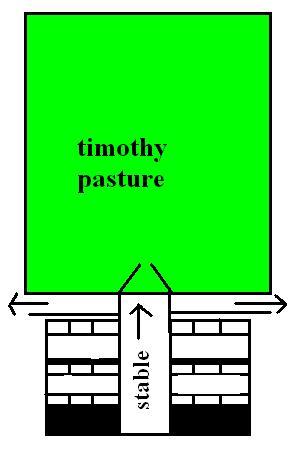 stables inside my pasture
Question
stables inside my past
hello maam, can i set l
stables inside my pasture
Question
stables inside my past
hello maam, can i set l
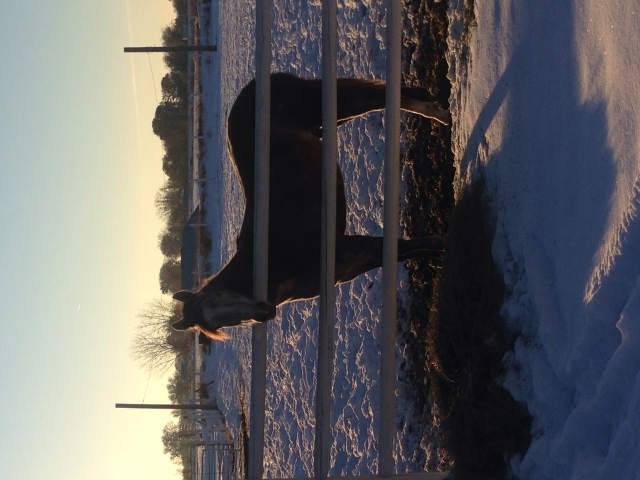 Feed for Growing Quarter Horses
Question
Bree Della
Hi! I have a two year
Feed for Growing Quarter Horses
Question
Bree Della
Hi! I have a two year
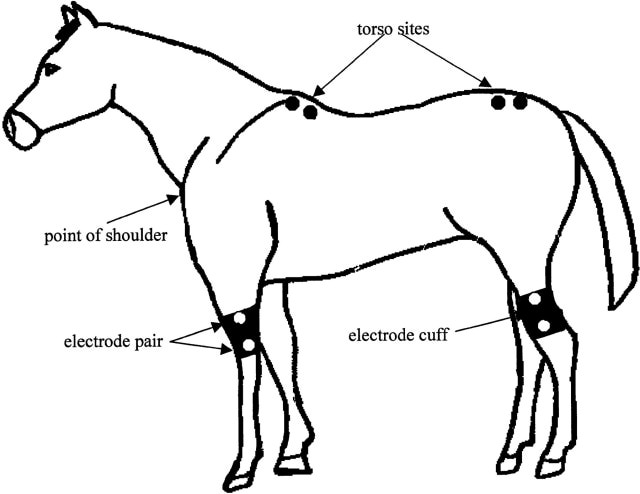 diagram representing
Question
diagram represent
hello maam, can you p
diagram representing
Question
diagram represent
hello maam, can you p
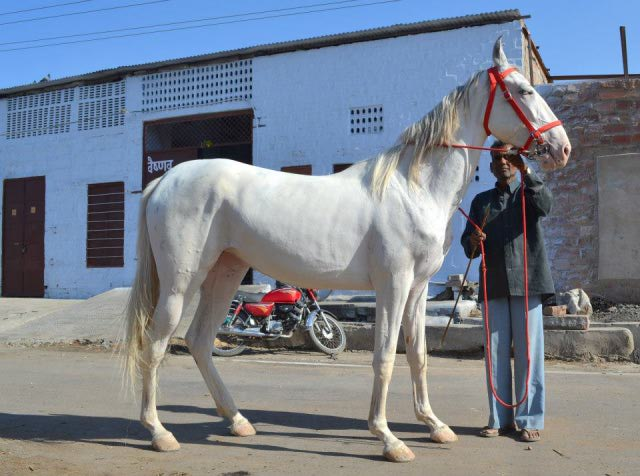 strong or weak
Question
strong or weak
hello maam, how this hor
strong or weak
Question
strong or weak
hello maam, how this hor
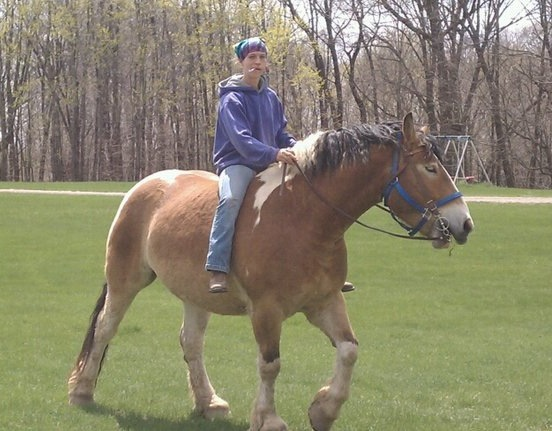 My new draft horse.....
Question
Bubbs Gentle Giant
I have just pu
My new draft horse.....
Question
Bubbs Gentle Giant
I have just pu